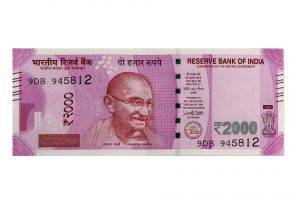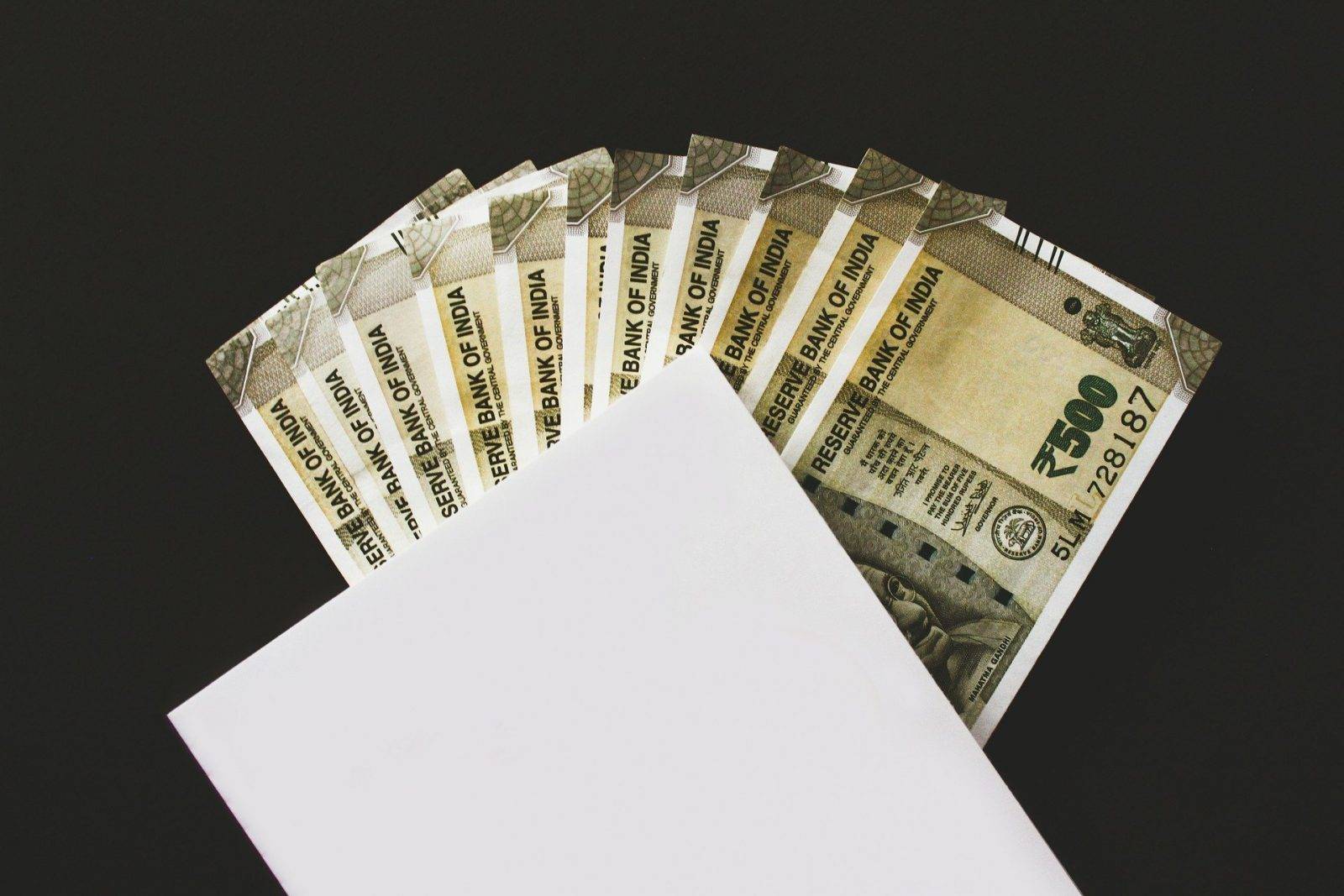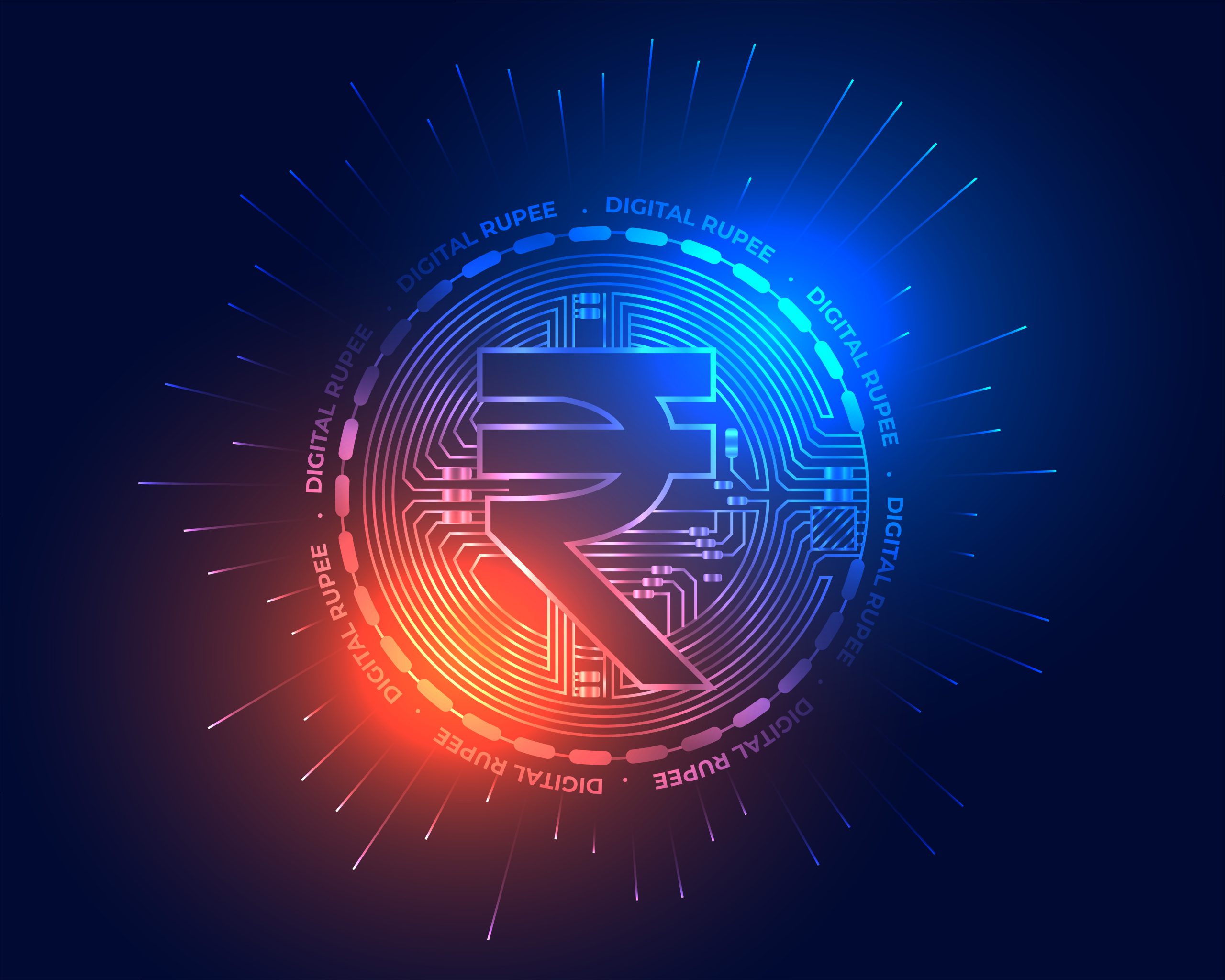Black Money is the money that is earned or received, avoiding the eyes of the Government mainly to evade taxes. Such money is earned usually in cash from various activities and is not declared for paying taxes. Black money is a serious issue in developing county like India. As taxes are mandatory for any nation to grow, black money may be a big hurdle for the progress of any nation.

Reasons for black money:
Black money is generated through corruption. It happens through corrupt practices like giving and taking bribes. There’s a scientific chain of black money transactions, so it’s very difficult for government agencies to catch culprits.
In our country, the tax rates are high. The higher taxes force the taxpayers to hide their income that causes increase in black money. Other reasons like, election campaigns, donations to educational institutes for admissions are also contributing in generation of black money. All the educational institutions have fixed seats for admission in management quota .

Impact of Black Money on Indian Economy:
The government’s deficit increases because of black money. The government is compelled to increases taxes, decrease subsidies, and to increase borrowings to balance the said deficit. It results in an increased government debt .
People generally keep their black money in the form of immovable property, gold, and in foreign bank accounts. Black money doesn’t become a part of the economy. So generally, it remains out of circulation. The infusion of unaccounted black money within the economy results in higher inflation, it also increases the disparity between the poor and the rich.
Black money results in loss of revenue to the government . It affects the nation and also its per capita income. It also results in higher taxation and creates inflation in the country. Black money results in a rise of criminal activities in the society.
Measures taken by the government to curb black money and corruption in recent years:

Demonetization: Government declared the demonetarization of Rs. 500 and Rs. 1000 currency notes on 08.11.2016. Simultaneously, RBI declared for exchange of old notes till December 2016. It has been the most important step taken by the government. They have also introduced Black Money (Undisclosed Foreign Income and Assets) and Imposition of Tax Act, 2015 with effect from 01.07.2015. The aim of this act is to impose tax/penalty on black money and undisclosed foreign assets
Benami Transactions (Prohibition) Amendment Act, 2016: This Act prevents Benami transactions and there are provisions for confiscation of the Benami property.
Black Money Declaration Scheme 2017: This scheme allowed the people who hold black money to declare their unaccounted income. The scheme was open up to 31st March 2017. Under this scheme, anyone could disclose their unaccounted income either with the post office or with the bank.
Bank accounts linked with PAN and AADHAR: The govt initiated the linking of PAN and Aadhaar Card with the account to keep track of bank accounts
Double Tax Avoidance Agreement (DTAA): The DTAA is a treaty concerning tax signed by India with other countries to stop the taxpayers from paying the taxes on their earned income twice i.e., prevention from paying both at the resident country as well as the source country.
Action against Shell Companies: In January 2018, the government decided cancelation of registration of lakh of companies suspected of being involved in money laundering activities.
New Benami Transactions Informants Reward Scheme, 2018: The I.T. department has launched this scheme to encourage large participation by the people to stop evading black money from the economy.
Goods and Services Tax: GST has been introduced w.e.f. 01.07.2017. GST encourages businesses to bring all of their sales, purchases into books. It also compels them to route their sale proceeds through their accounts. This helps the lending bank in assessing enhancement or continuation of their loans.
Promotion of cashless India (promotion of Digital Payments): Government has taken measures like introduction of DigiShala, which is an educational and non-commercial TV Channel on DD Free Dish, for rural India, Vittiya Saksharta Abhiyan, Introduction of BHIM UPI, BHARAT QR, BBPS USSID, Micro ATM, AEPS, etc. have been launched to promote digital payments.

Benefits of the measures taken by the government:
High denomination notes are brought down by about Rs. 6 lakh crores. Approximately Rs. 1,60,000 crores were deposited in the demonetized currency in Pradhan Mantri Jan Dhana Yojana Accounts as per RBI bulletin of Nov 2107, which didn’t match with the customer’s profiles. Approximately 2.24 lakh Shell Companies were closed after demonetization.
The new taxpayers have increased by 26.6% from 66.53 lakh in 2015-16 to 86.16 lakh in 2016-17. As per the I.T. department, 1.07 crores new taxpayers were added in 2017-18 .
Conclusion:
Though the government has made efforts to curb the menace of black money in recent years, the govt alone cannot do it. Each and every citizen should take the pledge to cooperate with the efforts of the government. People should appreciate the principles and policies which are made for their welfare. Making different policies, laws, acts, and legislation won’t work alone. For the implementation of those laws, policies citizens have to support it and follow it. People need to understand importance of paying tax and should stop evading their income and contribute in the fight against black money.
Ramesh M. Hingu
AGM & Director, SBILD Aurangabad.





